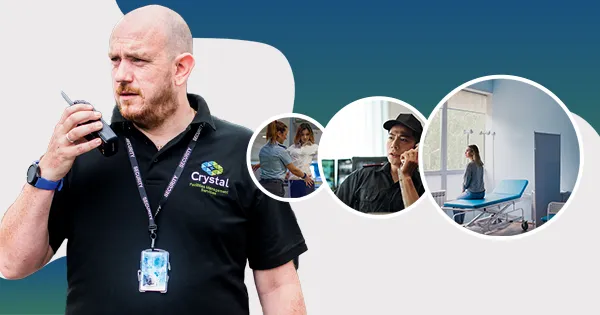The Frontline of Protection
Security guards in healthcare facilities serve as the first line of defense against a range of potential threats. From managing access control to handling emergencies, their role goes beyond simply patrolling corridors. They are trained to recognise suspicious behaviour, respond quickly to incidents, and work closely with medical staff to maintain a safe environment for patients, visitors, and employees.
Ensuring Patient and Staff Safety
Healthcare environments can often be unpredictable. Patients in distress, emotional family members, and high-pressure situations can sometimes escalate into security incidents. Security personnel play a vital role in de-escalating conflicts and ensuring that medical professionals can perform their duties without distraction or danger.
Supporting Infection Control and Hygiene Protocols
Especially since the COVID-19 pandemic, healthcare security staff have become instrumental in supporting infection control measures. From managing patient and visitor flow to enforcing mask mandates and hygiene practices, they help uphold public health standards. Partnering with professional services like disinfection cleaning specialists ensures that hygiene is maintained across sensitive healthcare environments.
Cooperation with Other Facility Services
Security guards often coordinate with cleaning and maintenance crews to ensure that healthcare environments remain safe and functional. Whether responding to a hazardous spill or securing areas under maintenance, their collaboration is crucial. Many healthcare facilities work alongside firms that provide both security services and other essential operations support under one roof.
Creating a Reassuring Presence
Beyond their practical duties, security guards also offer reassurance. A visible security presence helps patients and visitors feel safer, which is particularly important in environments where emotions run high. Their professionalism and calm demeanor can make a significant difference in how secure and comfortable individuals feel within the facility.
Conclusion
Security guards in healthcare settings are far more than uniformed observers—they are protectors, enforcers of safety protocols, and collaborators in overall facility operations. By recognising their diverse responsibilities and integrating them effectively with other services, healthcare institutions can build safer, more resilient environments for everyone involved.


